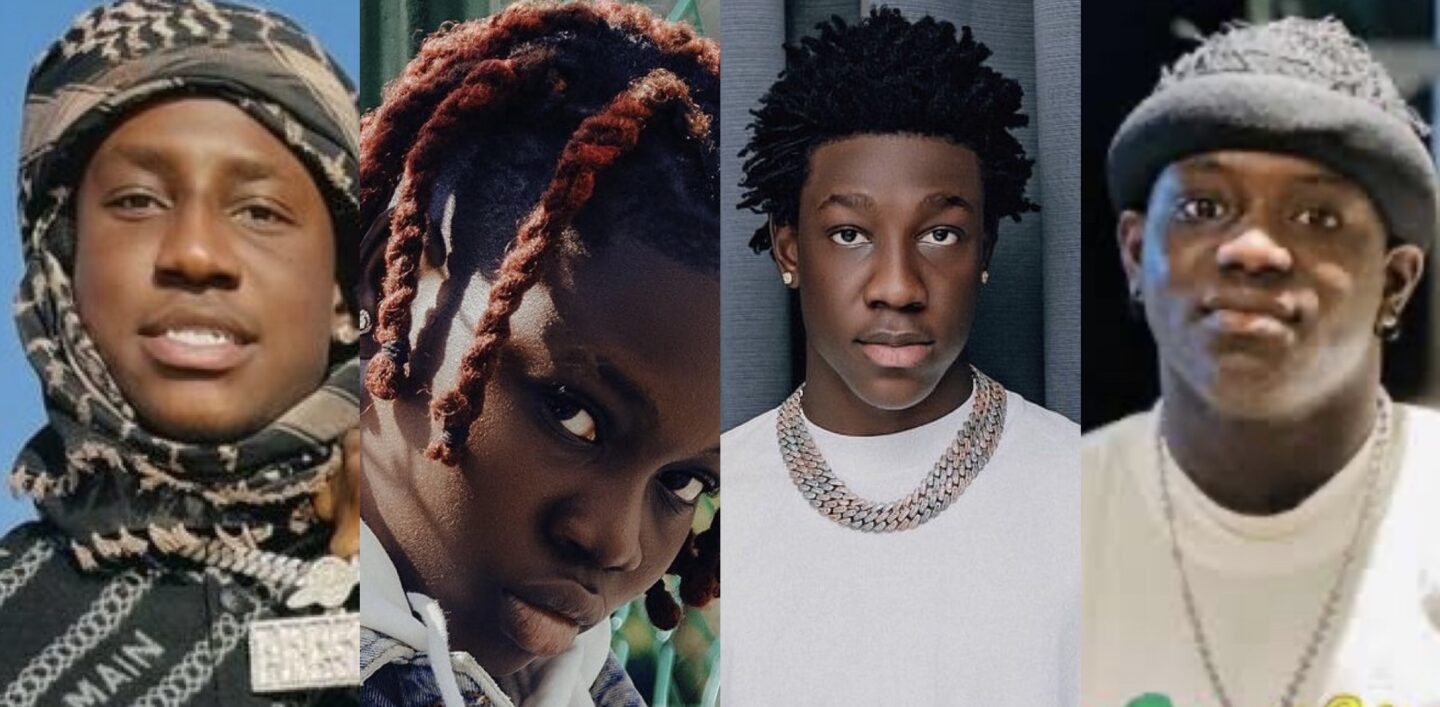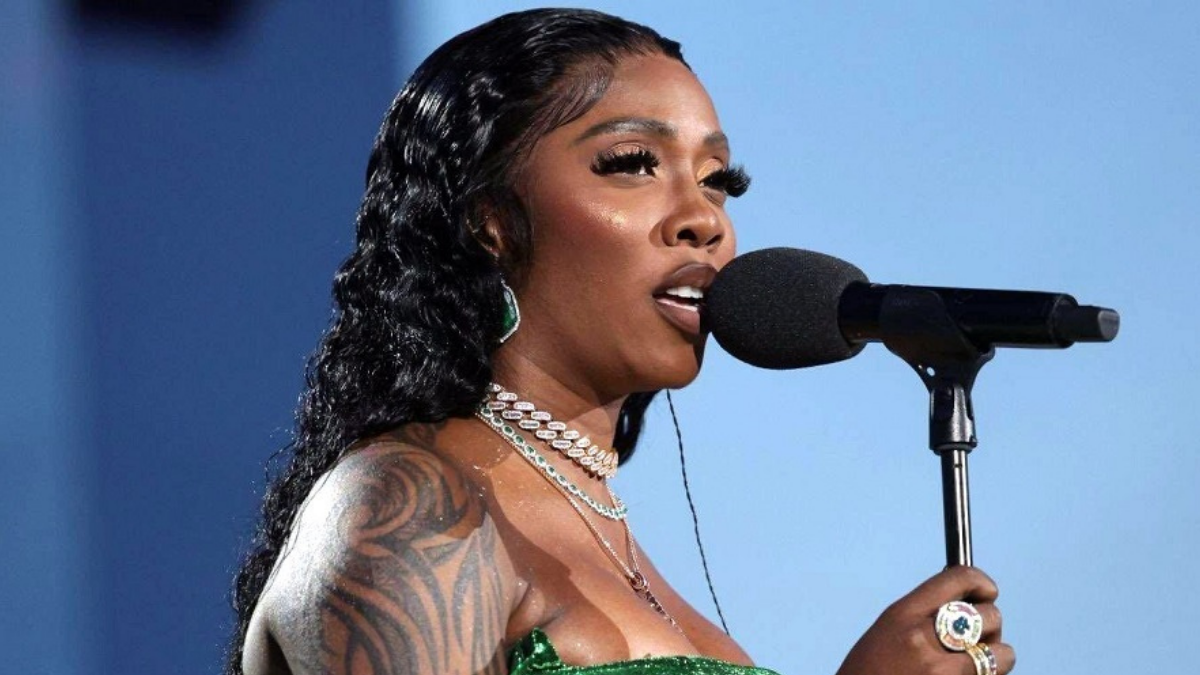Do Non-Renewal of Deals Affect The Growth of Nigerian Music Industry?




Nigerian music has gone global with international sold out concerts, tours and massive airplay of Afrobeats like we have never experienced before. If you ask someone in almost every part of the world, they'll tell you that they have heard at least one Afrobeats song, either on the radio or through their African friends.
So yes, we are taking our music with us, and spreading it to every part of the world we travel to. This exposure has made our artistes more popular and obviously bigger in the global industry, but here's the issue: While these artistes are growing their individual brands, can we say the same for their respective record labels?
Presently, we have 5 top record labels in Nigeria namely; Mavin Records, Chocolate city, Davido Music Worldwide, Starboy Records, X3M Music, and others. These labels are considered big because of the artistes affiliated to them. They take great pride in the stars they're home to because they house some of the best acts in the industry. From Tiwa Savage to Davido, down to Simi, but the reality is, what happens when this pride leaves the house like we've been witnessing lately?
Hot stories
In Nigeria, judging from trends, most artistes start by belonging to a record label until they're big enough. Once the demand for their presence increase in places all over the world like international festivals, the need to be their own boss also increases, and they either move on without waiting for the end of their contract, or don't even bother renewing the contract once it's over. Now, this is what we see on the surface; the information behind this decision to leave the label might be more critical than the parties involved expose us to. But, these recurring exits must have some sort of knock-on effect, surely?
That's the question this article aims to answer: "Do these exits in any way affect the growth of the Nigerian music industry?"
The answer is yes and no. Let's start with the 'No'. No, because it is hard to think Nigeria has a solid music industry, and yes, because if we do have an industry, these exits are definitely affecting its growth.
Like every creative industry in Nigeria, the structure is so unstable, it sometimes feels like it's non-existent. Artistes are striving to be big and go global, and then what? New artistes are coming into the music space to also be big, go global, and then what? It is no news that the end goal for a lot of artistes in Nigeria is to win the heart of the international audience and get their music into every corner, but don't we think building to leave is a wrong strategy that will not benefit our non-existent industry? Why do I keep using "non-existent?"
What we see as the Nigerian music industry is a collection of different individuals doing what works for them, or as they please, with zero common goal.
Everyone is working hard, creating dope sounds, and spreading the Nigerian sound all over, but that's it. It's as if a lot is happening, but we have nothing physical or solid to show for it. We have the signed artistes, the unsigned, and popular artistes, who also have their own labels. We have the record label, and then we have other stakeholders that fit into these boxes to bring things to life, like the managers, DJs, A&R and so on.
These people work tirelessly to push artistes who release hits after hits until they get the international deals like brand ambassadors, or get signed to a bigger international label. You could say this is a good thing because the artiste has to grow. After all, no be him papa label. But this also brings us to the question: "To what benefit is this move to the Nigerian music industry?" Are they even about the growth of the industry, or solely concerned with the spread of their music? Are people just coming into the industry to be big enough to get out? And for the artistes getting out to create their own label, what's the plan for the industry you're in?
It is a fact that Afrobeats is growing and people are hearing our sound but can we, in all honesty, say the industry is growing? Well, I do not think so. In this case, popularity cannot be translated to growth because there's no structure jointly put in place to see this happen. Hence, there's no way to measure it other than the popularity of our songs. Labels are not growing because, in most cases, they place all the resources they have on their artistes instead of on both artiste and their business. So, when the inevitable exit happens, it starts to look like the label is crumbling, which shouldn't be the case because the growth of record labels in a society should be what measures the growth of the music industry. With a definite structure, measuring growth is easier and feasible.
In Nigeria, from studying the "industry", you'd realize that when an artiste is growing, the label is not. The artiste soon grows bigger than the label, and the label becomes too small to help them play the game with the big global fish. Is it the fault of the artiste? No, it isn't. They have to grow and expand the consumers of their work. It is in the hands of the record label to ensure they're big enough to accommodate the growth of the artistes so they don't groom and give out to international deals.
Nigerian music stakeholders/label owners would not be reaching if they aim to create a label like Universal Music Group where artistes get signed, and the management is good enough for them to stay there rather than always leaving to create theirs. It can't be achieved in a day, or even five years, but they have to start it. We cannot deny that the Western world is using "international deals" to get our best talents and make a profit off what has been invested in them by their "local deals". And they can't be blamed because they have for our artistes what we can presently not provide for them.
But at what point do we get Nigerians that are not interested in just "blowing" from managing or investing in an artiste but also interested in being a part of the builders of the industry? At what point would record labels come together as an organized body, think of strategic ways to actually build a sustainable system that benefits the Nigerian music industry? Won't that be better than grooming talents that will eventually be taken by the West and feed off of what they have created? Let's also understand that organizations like Universal Music Group, Sony Music, Virgin Records, Warner Music and many others like them weren't built to be this big in a year or 10 years.
The fact that international labels are placing their money on talents we already groomed should be enough reason we need to create an industry that artistes can believe in enough to renew their contracts. An industry that is growing and can compete globally like the artiste that is representing it rather than an industry that grooms to give away.
Contracts have ended and more will soon end and from the look of it, some of these artistes will definitely not renew their contracts because of issues like finance and character flaws that affect both artiste and label.
So are these exits really affecting the growth of the industry? Yes. It is preventing the existence of an actual industry. It is creating too many managers with different ideals that might not align with each other. It is distracting people from what really matters, which should be to create spaces good enough for Nigerian artistes to want to remain in, spaces equivalent to where they're running to.
You might read this and say I'm an idealist who is not in touch with the Nigerian reality because of the glaring stomach infrastructure that goes on. But that does not mean it is something that cannot be achieved if we want to stop these independent industries we have. Build something artistes can be happy to be a part of while they focus on their music and create more stars that are big enough to also bring deals that can float world-class labels.
I'm probably a dreamer, but we all know many dreams come through with action. So let's get to work!















